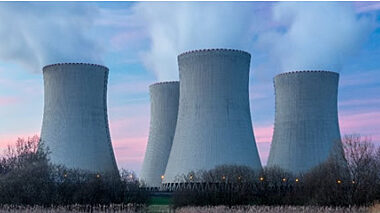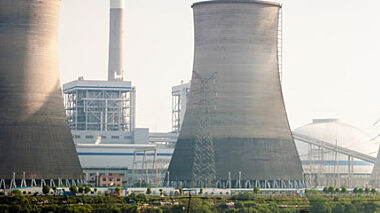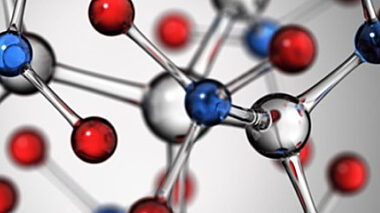Metallurgical Evaluation for the Nuclear Industry
With extensive experience of metallic components and systems that must perform under harsh environments, our metallurgical engineers provide critical insight into your materials problems.
We have thorough knowledge of casting, additive manufacturing, machining, welding, brazing, soldering, babbitt, and heat-treatment processes, as well as specialised expertise in superalloys, blade materials, stress-corrosion cracking, qualifying new alloys, failure analysis and performing characterisations to support nuclear commercial-grade dedication testing for safety-related applications.

We will support you through:
- Braze analysis
- Case depth
- Casting evaluations
- Cleanliness evaluations
- Coating characterisation
- Corrosion susceptibility
- Failure analysis
- Fractography
- Grain size and distribution
- High-quality photo documentation (micro/macro)
- Image analysis
- Inclusion content
- Macro etching
- Metallographic evaluation
- Micro-indentation hardness testing
- Operator qualifications (weld/braze)
- Phase segregation and identification
- Surface characterisation
- Porosity measurements
- Weld evaluations
- High temperature oxidation testing
Specimens are extracted and prepared for testing and analysis in our in-house machine shop reducing turnaround times and increasing specimen traceability.



